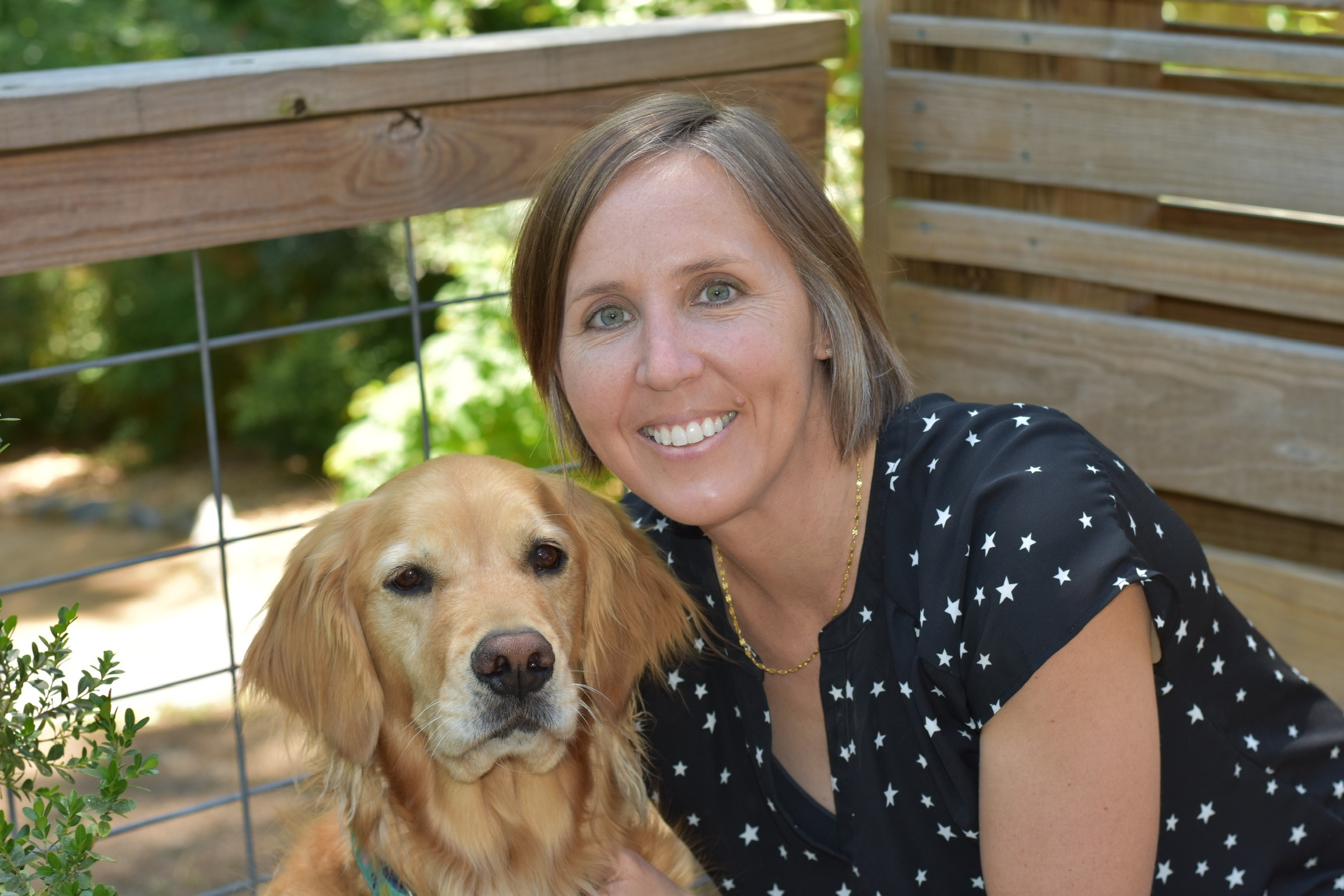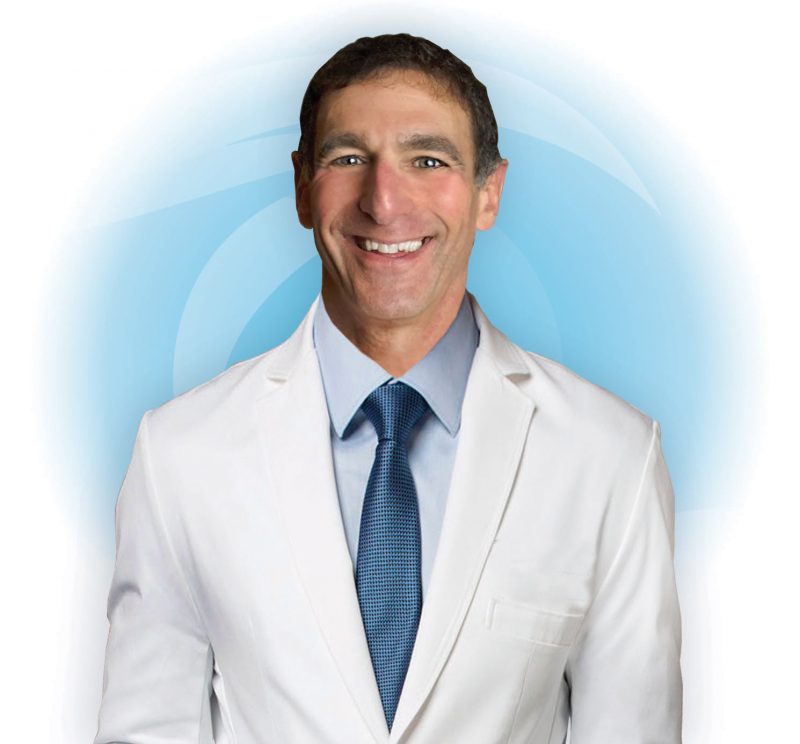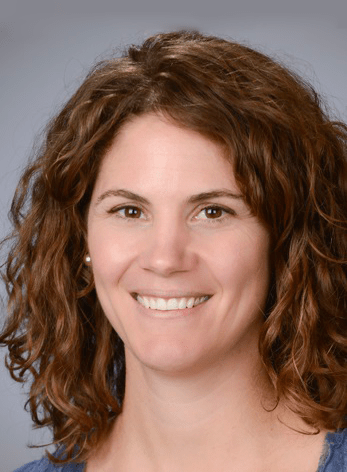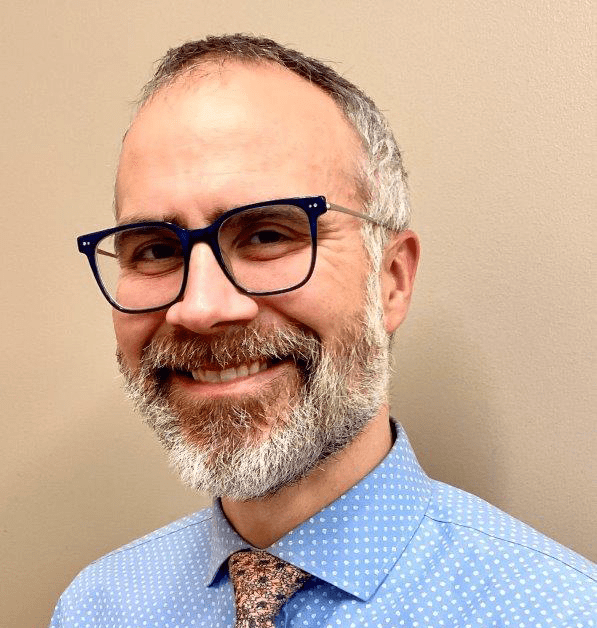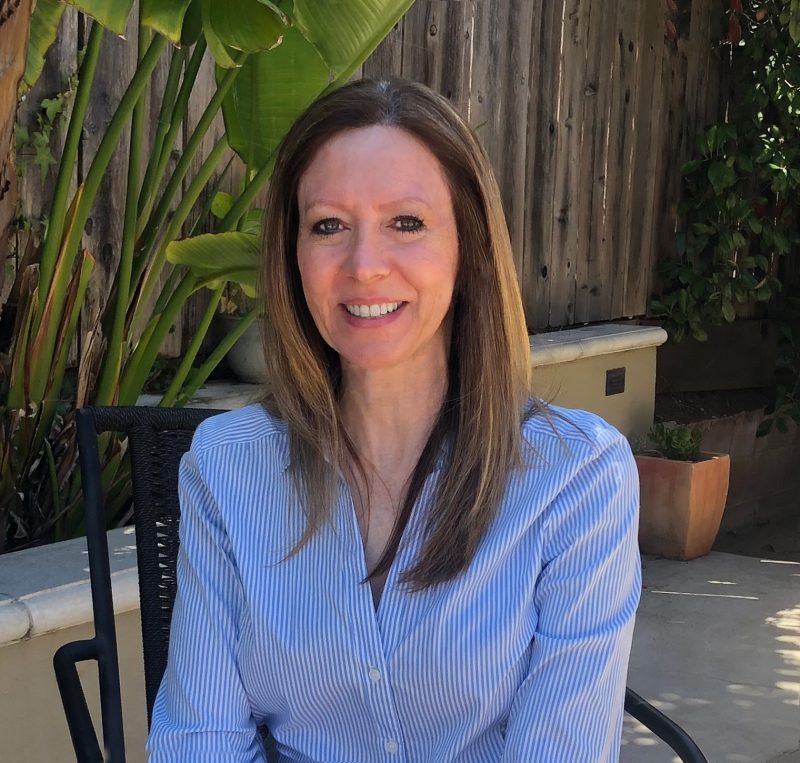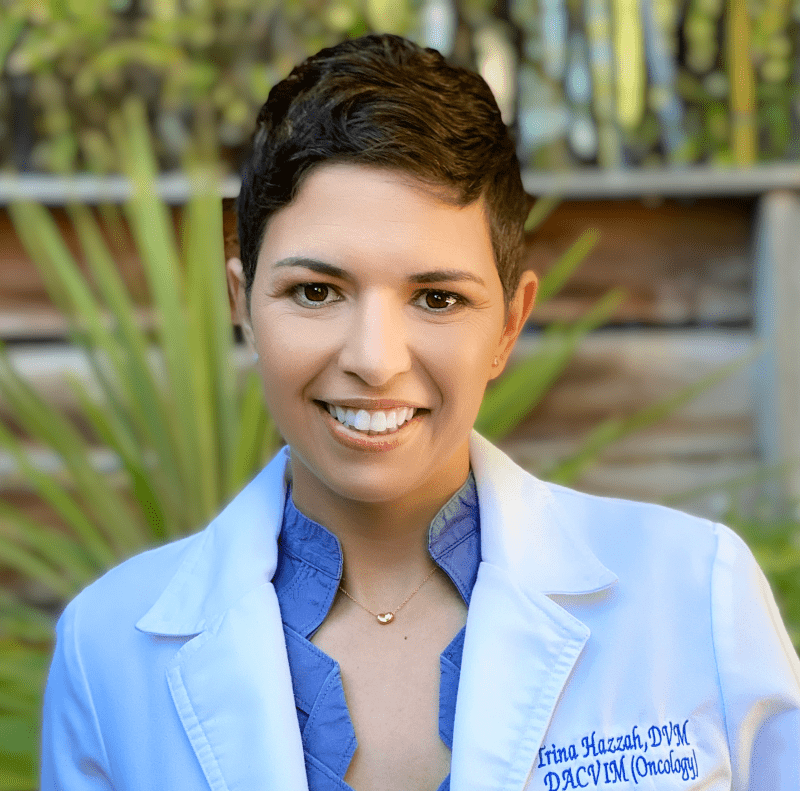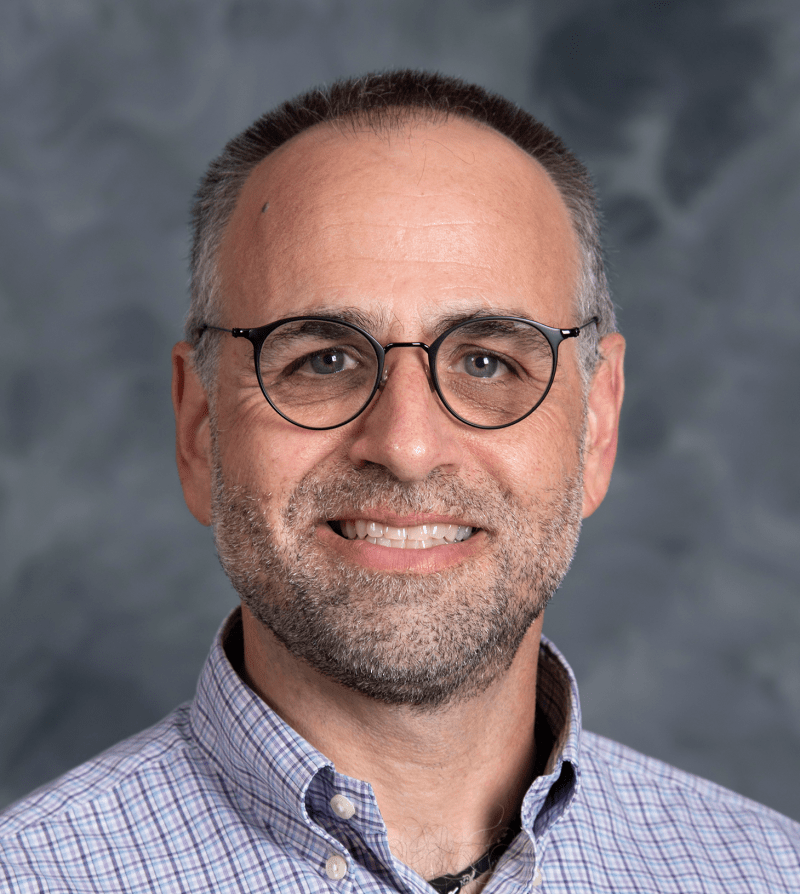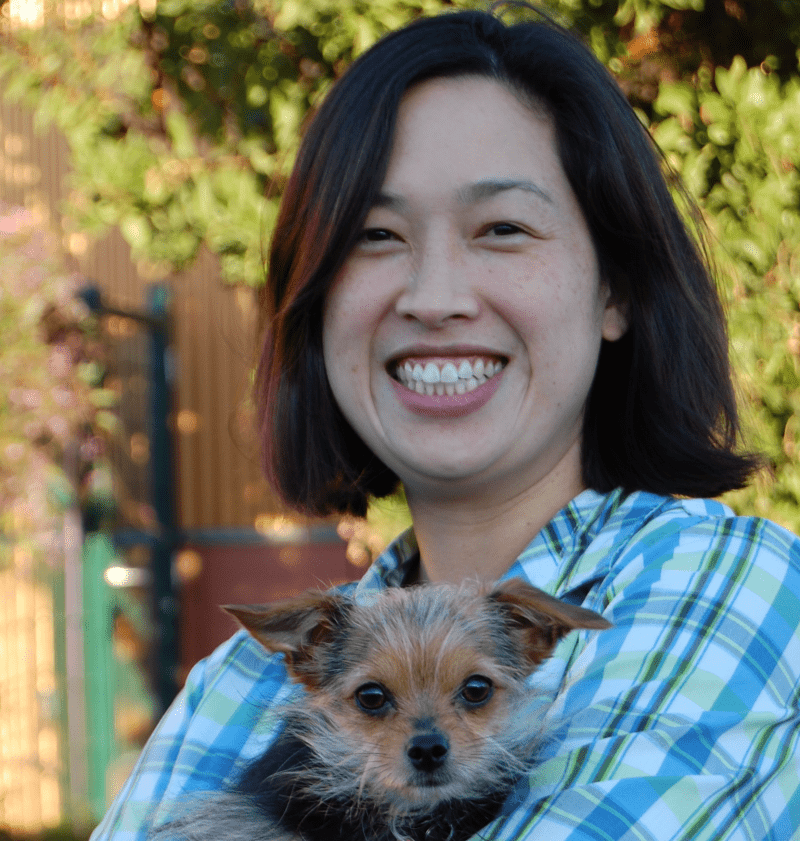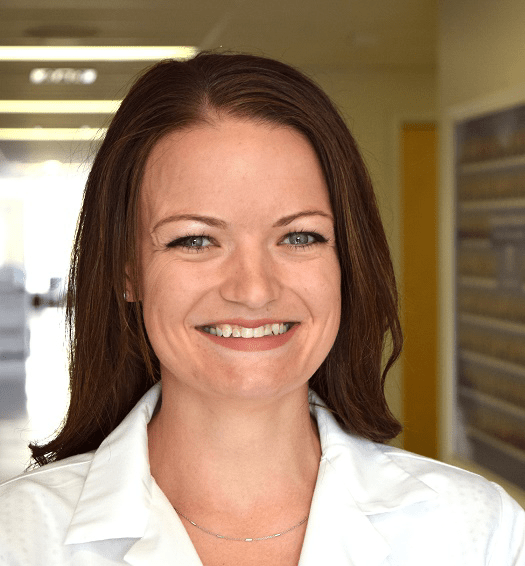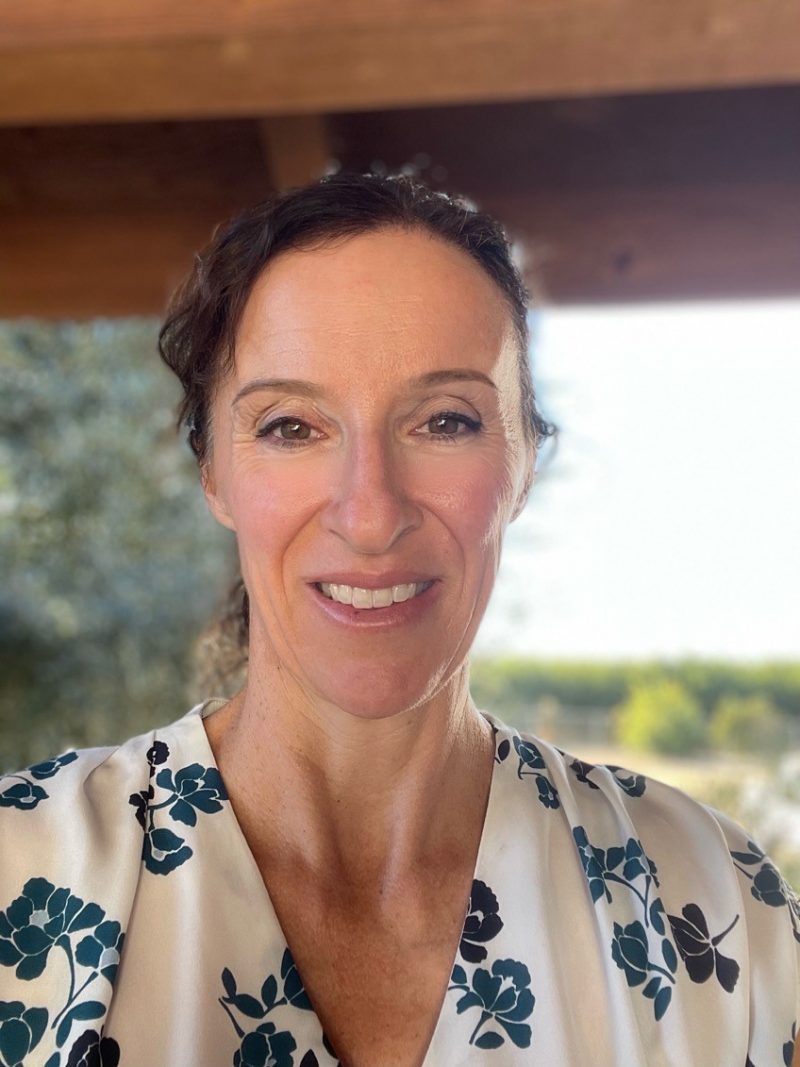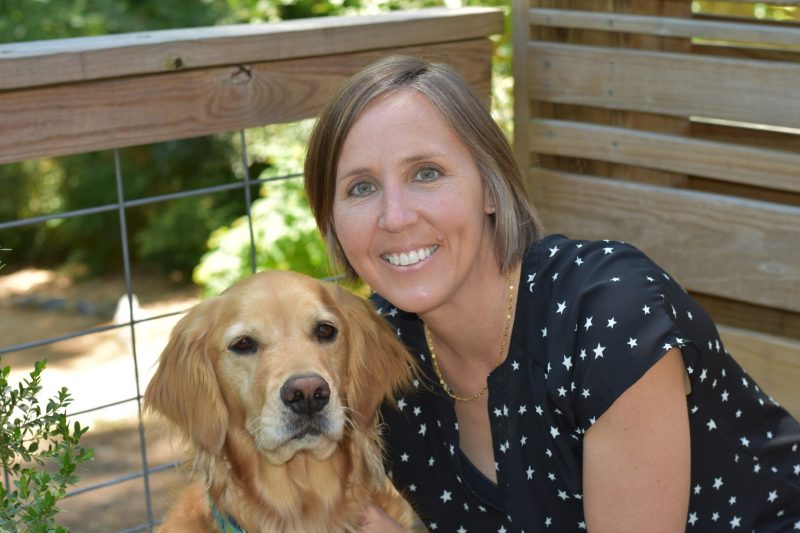| 2:00 PM-2:50 PM |
How to Approach “the Gulpies”– Gastroesophageal Reflux, Esophageal Hypersensitivity, and More
There are many causes of excessive swallowing, nighttime lip licking, and regurgitation, but the diagnostic and therapeutic approach to these signs is challenging when a structural cause like megaesophagus or hiatal hernia is not identified. In this presentation, we will use a case-based approach to review a diagnostic and therapeutic approach to “the gulpies.”
|
| 3:00 PM-3:50 PM |
Diet-Associated Cardiomyopathy: What Is the Research Saying Now?
Cases of dilated cardiomyopathy (DCM) secondary to diet or nutrient imbalances have been identified since the 1970s; however, recent reports by the Food and Drug Administration (FDA) as well as news organizations have put this disease at the forefront of conversation in both veterinary medicine and the public arena. Since the release of the FDA’s report on diet-associated DCM in 2018, more than 30 retrospective and prospective research studies have been published on this topic. In this 50-minute interactive seminar, we will discuss how the results of top studies in this space can guide your conversations about and clinical approach towards alternative diets and DCM in dogs.
|
| 4:10 PM-5:00 PM |
Case-Based Approach to Complicated Canine Chronic Enteropathy Part 1
Chronic enteropathy (CE) is defined by the presence of nonspecific gastrointestinal signs for a duration of at least three weeks during which an underlying etiology, such as neoplasia or parasitic disease, has been excluded. Many dogs with CE have dietary-responsive disease. However, it can often be difficult to select the appropriate diet, especially after one dietary failure.
|
| 5:10 PM-6:00 PM |
Case-Based Approach to Complicated Canine Chronic Enteropathy Part 2
In this two-hour seminar, we will use a case-based approach to discuss a diagnostic and therapeutic approach to complicated chronic enteropathy. Discussion points will include a review of both old and new diagnostic (e.g. dysbiosis index, vitamin D analysis, video capsule endoscopy, review of helpful histopathologic findings) and therapeutic (e.g. bile acid sequestrants, fecal microbial transplantation, budesonide, diet trials) strategies.
|
![]()

